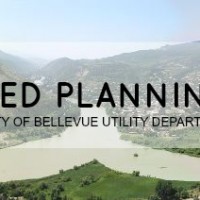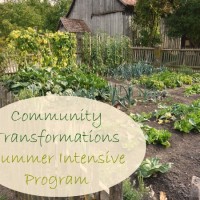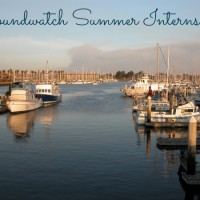Normal
0
false
false
false
EN-US
JA
X-NONE
/* Style Definitions */
table.MsoNormalTable
{mso-style-name:”Table Normal”;
mso-tstyle-rowband-size:0;
mso-tstyle-colband-size:0;
mso-style-noshow:yes;
mso-style-priority:99;
mso-style-parent:””;
mso-padding-alt:0in 5.4pt 0in 5.4pt;
mso-para-margin:0in;
mso-para-margin-bottom:.0001pt;
mso-pagination:widow-orphan;
font-size:10.0pt;
font-family:”Times New Roman”;}
This position will provide support to the Bellevue Utilities Watershed Planning team located in the Engineering Division of the Utilities Department. The student intern is expected to perform tasks related to utility services, including hydrology, environmental studies, biology and environmental engineering. On-the-job training will be provided as needed. Application deadline April 18th!
Primary Responsibilities
- Assist with the development of individual basin plans as well as updating data in the Storm and Surface Water System Plan. This plan evaluates the drainage system policies, the impacts policies have upon the stormwater management programs and operational policies to identify current and future needs. This position will provide statistical summaries, reports and graphs of hydrologic, water quality, biological and habitat data for in the plan.
- Conduct hydrologic engineering analyses of natural drainage systems as directed by senior engineers to provide design parameters for capital improvement projects. These analyses might include base-flow separation techniques; converting stage data into discharge hydrographs using discharge rating curves; conducting hydrologic flow frequency analyses; developing HEC RAS, WWHM or SWMM computer models under the direction of an senior engineer/hydrologist; and review, maintain and update the existing hydrologic modeling input files used to perform engineering analysis of the City’s storm drainage systems. No previous experience necessary, training will be provided.
- Field work and verification of information might include documentation of hydrologic, geomorphic and habitat condition evaluations using established protocols; assisting with collection of biological samples from streams; assisting with performing salmon surveys, collection of sediment samples following established protocols; measuring stream flow to develop/verify discharge rating curves and other field assignments as requested by senior engineers and/or scientists.
- Conduct standard statistical tests or analyses for the purpose of verifying developed hypotheses.
- Other duties as assigned related to biological, hydrologic and water quality data, typically involving data entry, data organization, manipulation and presentation of data that includes, but is not limited to: data variability, coefficient of variance, coefficient of skewness and fitting a probability distribution.
Qualifications
- Must be registered as a student in a technical discipline degree program related to utility services, including environmental engineering, environmental studies, hydrology or biology.
- Two years of college level course work is preferred.
- Environmental engineering, biology, environmental studies, or related students studying related fields are preferred.
- Ability to collect and analyze data and formulate solutions to problems.
- Ability to perform independently when clear direction is provided.
- Ability to walk and wade through streams and wetlands that are chest deep, and walk through dense vegetation, sometimes in cold and wet weather.
- Ability to work effectively as part of a team.
- Good oral communication and interpersonal skills.
- Spreadsheet and database computer skills and aptitude.
- Skill in documenting procedures, summarizing findings, and writing reports and correspondence.
Definition of a Student Intern
- Must be enrolled in a bona fide education program. Full time employees taking evening classes, those enrolled in one course, or those going to school periodically are not considered student interns.
- During the school year must be scheduled to work 20 hours or fewer per week.
- During special situations (i.e. specific internship programs through school) or during school breaks, can be scheduled to work more than 20 hours, up to full time, if appropriate.
- Must be terminated as a student intern when no longer associated with an education program.
- At-will for the duration of the student intern status.
How To Apply
Interested applicants should apply on-line at http://www.bellevuewa.gov/TempJobs.htm and attach a cover letter and resume to the on-line application not later than April 18, 2013. For further information about this position, please contact Rick Watson via email at rwatson@bellevuewa.gov or at 425.452.4896 or Kit Paulsen via email at kpaulsen@bellevuewa.gov or at 425.452.4861. If you need technical assistance with the online application, please contact our IT helpdesk at 425.452.4340.









